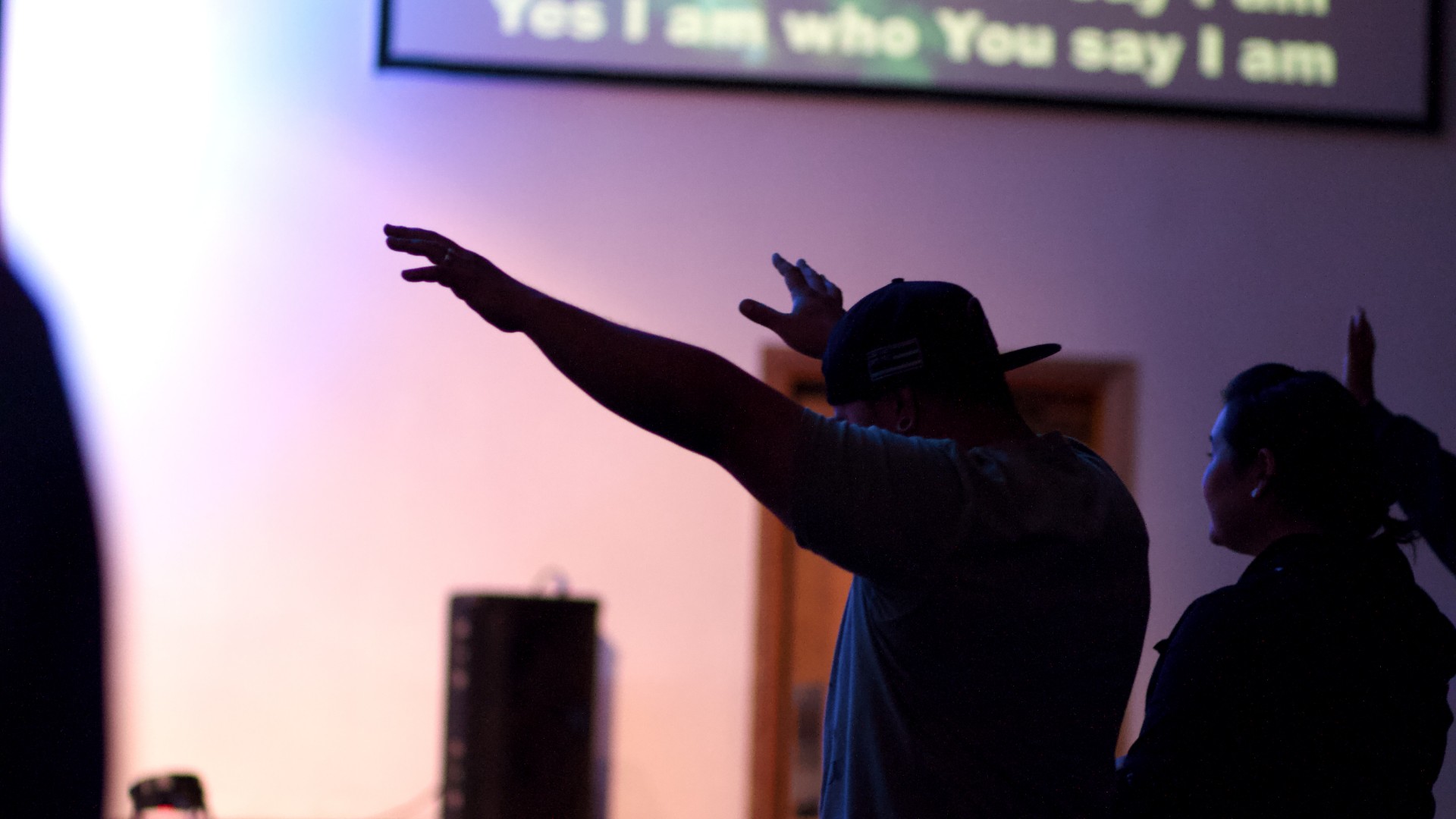I have become increasingly concerned at the cavalier attitude many people have about how they approach God. There are many people who believe that it doesn’t matter how you come to God, so long as you come. They believe that the true God will take their worship—in whatever form and to whatever god—and transpose it onto Himself. On this view, it doesn’t really matter how I worship, as long as I’m sincere. Implicit in this thinking is the belief that all religions worship the same God.
For example, devoted Hindus sincerely worship Brahma as creator, Vishnu as protector, and Shiva as judge. Are we to understand that the true God will take the worship given to these three different gods and apply it to Himself? On this view, God isn’t really interested in the details of how and whom you worship, so long as you are giving it your best effort.
People inside and outside of the Church believe this is how God operates. They believe that He is more concerned with the individual’s sincerity than the veracity of what the person believes about God. However, there are two passages from Scripture that shed some light on this issue. First, look at Genesis 4:1–5:
Now Adam knew Eve his wife, and she conceived and bore Cain, saying, “I have gotten a man with the help of the LORD.” And again, she bore his brother Abel. Now Abel was a keeper of sheep, and Cain a worker of the ground. In the course of time Cain brought to the LORD an offering of the fruit of the ground, and Abel also brought of the firstborn of his flock and of their fat portions. And the LORD had regard for Abel and his offering, but for Cain and his offering he had no regard. So Cain was very angry, and his face fell.
Was Cain worshiping the wrong God? Was Cain not being sincere? I think we can answer “no” to both of these questions. Then why didn’t God accept Cain’s offering? I believe the answer is clear: Even though Cain wasn’t coming to the wrong God, he was coming to the right God in the wrong way. Cain didn’t believe in God any less than Abel. Cain was sincere in his offering. He was a worker of the ground and thought that offering “fruit from the ground” would be acceptable. It turns out that even though Cain was sincere, he was sincerely wrong.
The problem was with how Cain approached God. Cain offered what he wanted, not what God had prescribed. (Imagine how much worse it would have been if Cain had approached a different god altogether!)
You can see the same thing in Leviticus 10:1–3:
Now Nadab and Abihu, the sons of Aaron, each took his censer and put fire in it and laid incense on it and offered unauthorized fire before the LORD, which he had not commanded them. And fire came out from before the LORD and consumed them, and they died before the LORD. Then Moses said to Aaron, “This is what the LORD has said: ‘Among those who are near me I will be sanctified, and before all the people I will be glorified.’” And Aaron held his peace.
Here we see that same thing happen again, but this time God executes immediate judgment. Notice how, like Cain (and unlike those who worship Vishnu and Shiva), Nadab and Abihu weren’t worshiping a false god. From what we can tell, they were trying to worship and please the one true God. However, how they worshiped was not how God had directed them, and God punished them for their error.
I think these two examples demonstrate the importance of how we approach God. We need to get the details right. If it matters how we worship, how much more does it matter whom we worship! God is blazingly holy and will be worshiped on His terms, not ours. And His terms are that we must come to Him through Jesus Christ alone.

